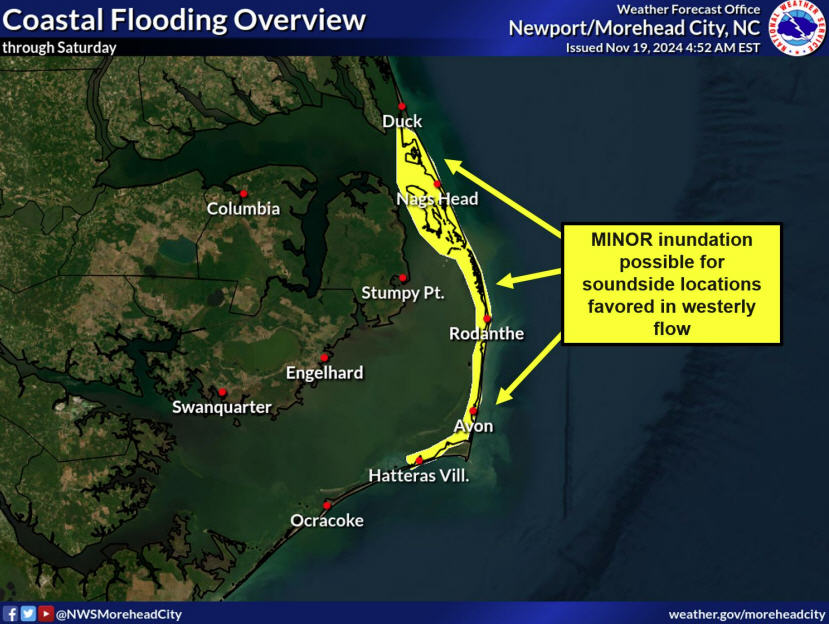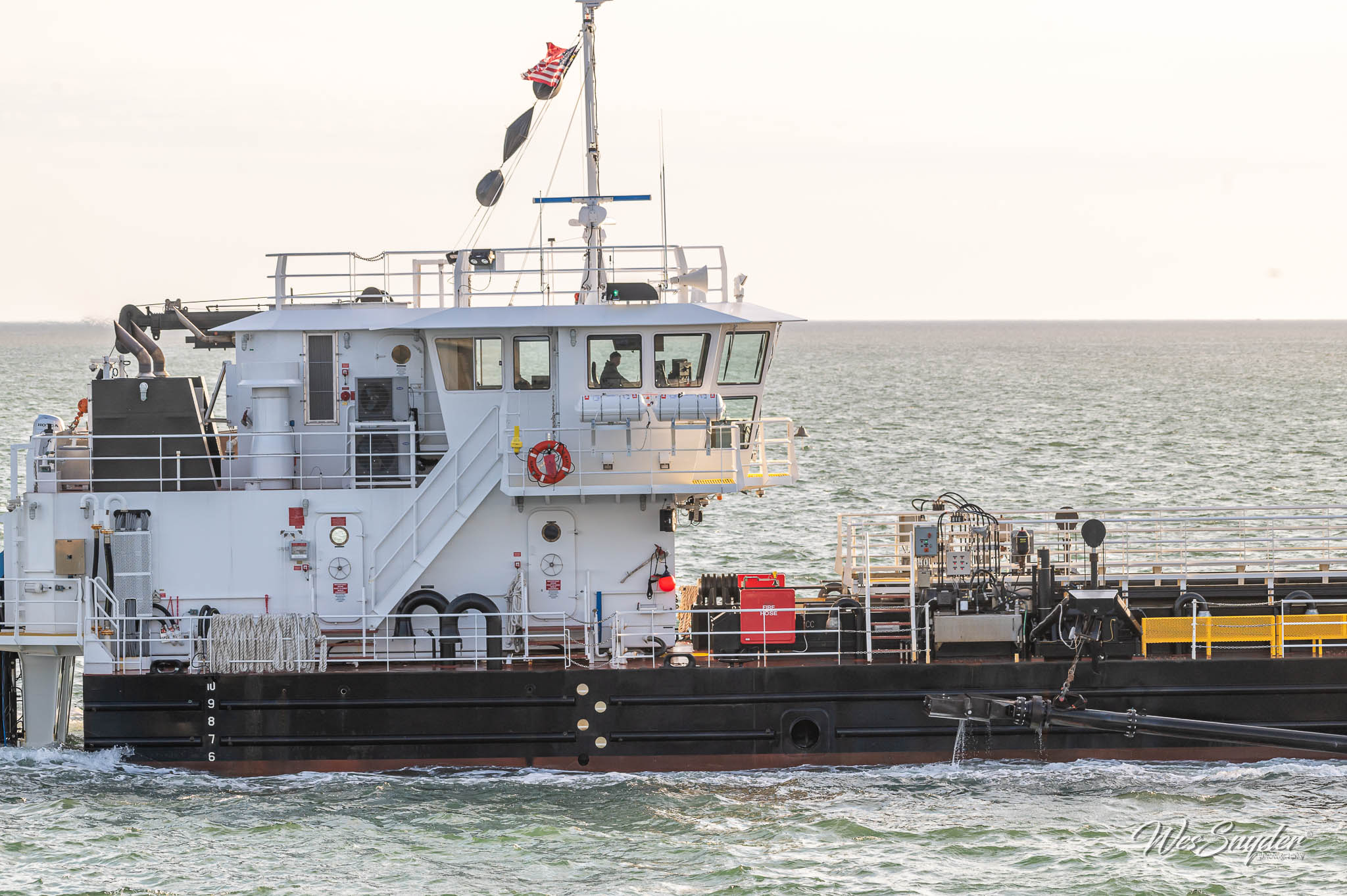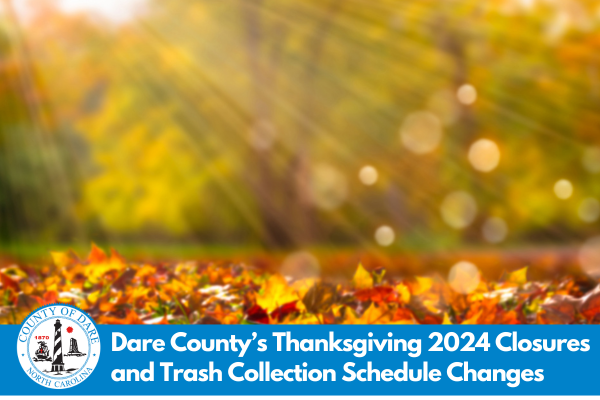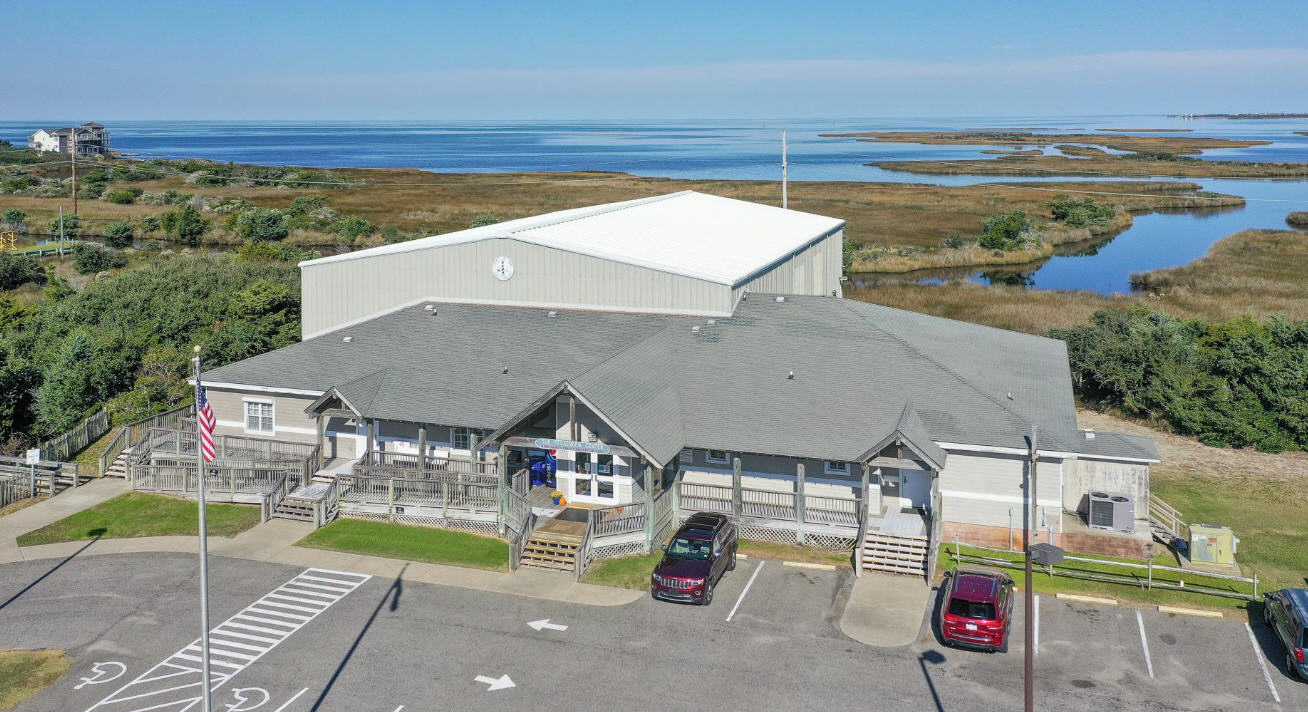SELC action will further delay the critical Bonner Bridge replacement
The Southern Environmental Law Center today asked the U.S. Court of Appeals for the Fourth Circuit in Richmond, Va., to overturn a North Carolina federal district judge’s ruling that would allow construction to begin on the Bonner Bridge replacement project.
In a news release, the North Carolina Department of Transportation said, “The appeal will mean further delay in building a parallel bridge to replace the current bridge, which is already 30 years beyond its expected life cycle and in constant need of repair and maintenance to keep it safe for travel.”
“The additional stall tactics of the SELC continue to put a strain on taxpayer money and our ability to keep this vital lifeline open for the people of eastern North Carolina and the millions of visitors who travel to the area each year,” said NCDOT Secretary Tony Tata. “As the federal judge’s ruling confirmed last month, NCDOT cares about the economy, the environmental impact, and the people in all that we do.”
DOT notes that the aging bridge “stands on borrowed time and is one storm or incident away from having to close permanently.”
On Sept. 16, NCDOT received a favorable ruling in the federal lawsuit filed by the Southern Environmental Law Center on behalf of the Defenders of Wildlife and National Wildlife Refuge Association when Judge Louise Flanagan of the Eastern District of North Carolina issued a 42-page order, denying all claims that NCDOT violated federal law when the department studied and selected the parallel bridge.
On Sept. 27, Judge Julian Mann III issued an order allowing NCDOT to intervene in the state action filed by the SELC, on behalf of the Defenders of Wildlife and National Wildlife Refuge Association, against the N.C. Department of Environment and Natural Resources, Division of Coastal Management for issuing the permit to NCDOT.
DOT says its legal staff is working to resolve the state action as quickly as possible.
In their own media release today, SELC, Defenders of Wildlife, and the National Wildlife Refuge Association said they asked the appeals court “to ensure that there is adequate public consideration of total project impacts—including disclosure of the long-term costs—and safer, more reliable alternative routes across Oregon Inlet to the village of Rodanthe.”
The groups made the same points in the release that they made to Flanagan – points that were soundly rejected by the judge.
“Instead of constructing a safe, reliable route that would serve North Carolinians for the next 50 years, NCDOT is pushing a piecemeal plan for N.C. 12 that ignores the basic problem: this stretch of highway continually washes out because the island is eroding out from underneath it,” said Julie Youngman, senior attorney at the Southern Environmental Law Center. “NCDOT seems determined to send taxpayer money out
to sea with the highway, as it predictably washes into the ocean.”
“NCDOT’s insistence on this outdated route for N.C. 12 has gone beyond the impractical to the absurd,” added Jason Rylander of Defender of Wildlife. “The agency itself has acknowledged that erosion will undo the time, labor and expense of this futile project in less than a decade. There are sustainable alternatives that provide reliable transport and protect the refuge at the same time.”
The groups filed the notice of appeal just two weeks after Flanagan’s decision.
The Bonner Bridge is currently undergoing necessary repair work to keep the bridge open and safe for the traveling public as long as possible.












